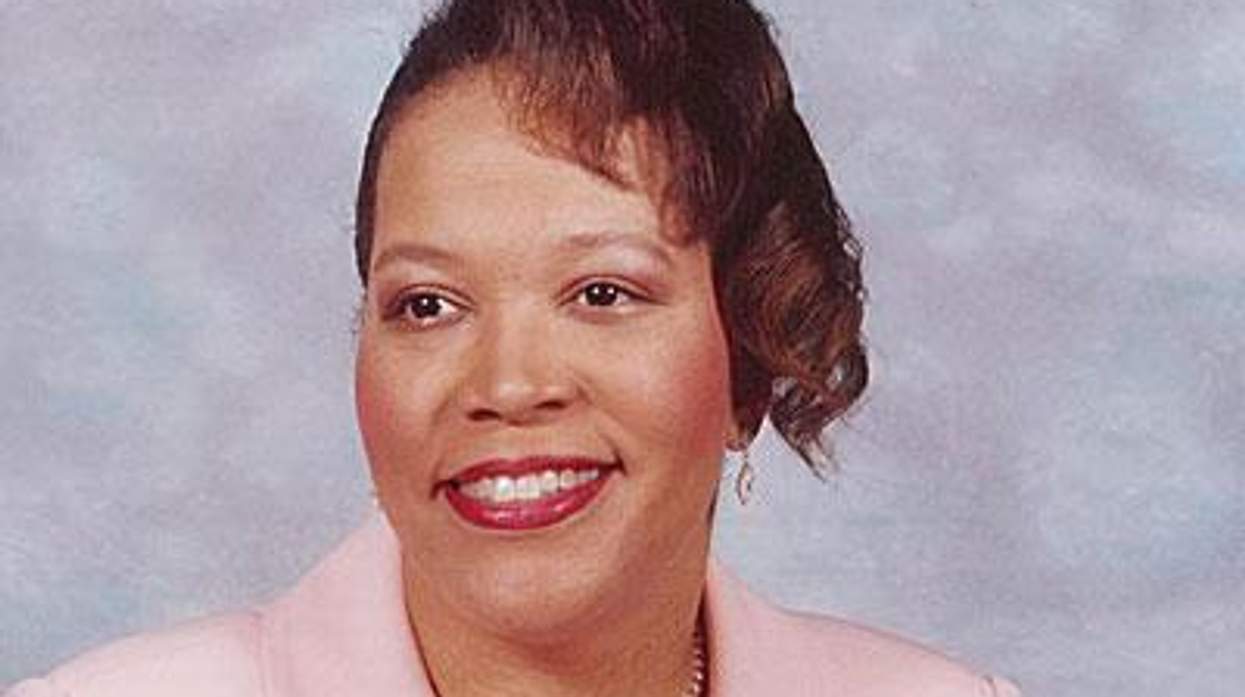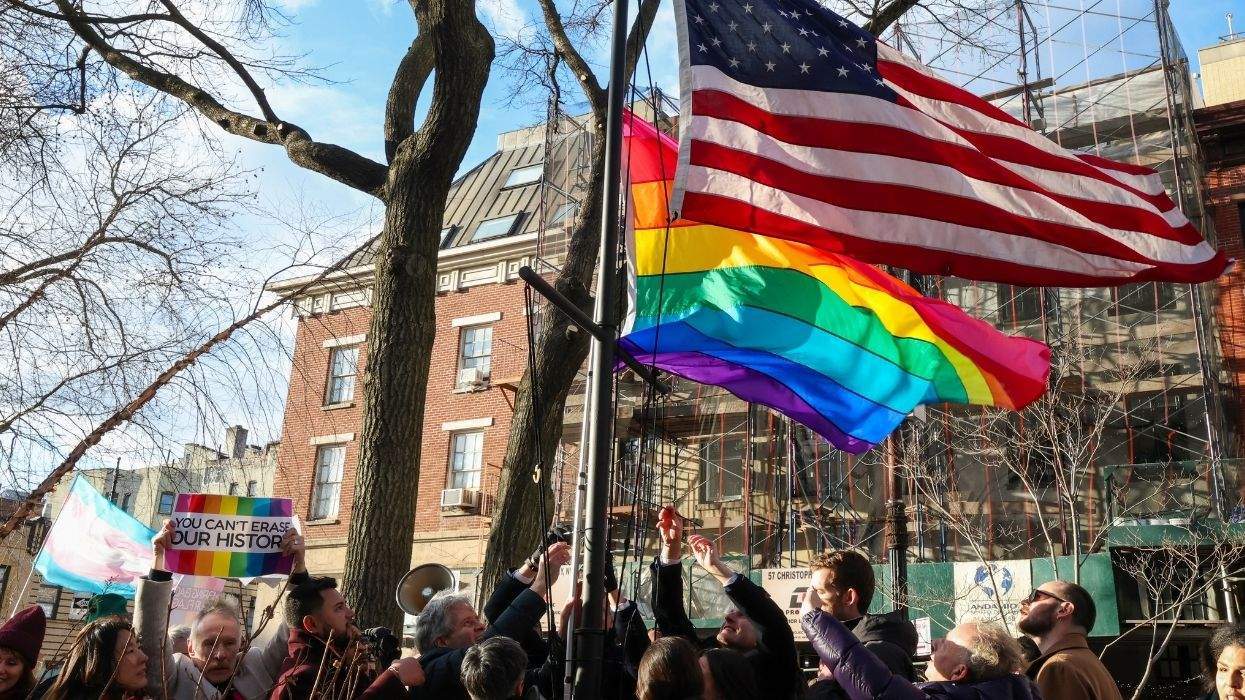The U.S. Supreme Court let stand a decision by the federal appeals court, which found that a public university was within its rights to fire an employee who had made antigay remarks, reports the Windy City Times.
The employee, Crystal Dixon, had been terminated from her position as the associate vice president of human resources at the University of Toledo after writing a controversial op-ed in the Toledo Free Press.
The opinion piece, published in April 2008, was written in opposition to a column by the local publication's editor in chief, Michael Miller, who argued that Ohio was behind in providing rights for gays and lesbians. Dixon contested the notion that LGBT people who face discrimination are "civil rights victims."
"As a black woman who happens to be an alumnus of the University of Toledo's Graduate School, an employee and business owner, I take great umbrage at the notion that those choosing the homosexual lifestyle are 'civil rights victims,'" Dixon wrote. "Here's why. I cannot wake up tomorrow and not be a black woman. I am genetically and biologically a black woman and very pleased to be so as my Creator intended. Daily, thousands of homosexuals make a life decision to leave the gay lifestyle."
Dixon also cited her religious belief that gay people would face divine retribution.
In response, the university's president wrote a letter to Dixon that explained how her statement violated the "core values" of the University of Toledo, reports the Toledo's Blade newspaper.
He claimed that her stance "calls into question your continued ability to lead a critical function within the administration as personnel actions or decisions taken in your capacity as associate vice president for human resources could be challenged or placed at risk. The result is a loss of confidence in you as an administrator."
She was fired several days later, after a hearing in which she claimed that her antigay stance would not affect her hiring practices. She had held the position since 2006.
Dixon sued for violations of free speech and the First Amendment, but a federal judge ruled in favor of the University of Toledo in February 2012. In December, the U.S. Court of Appeals for the Sixth Circuit also voted unanimously in favor of the public institution. In the Dixon v. University of Toledo decision, Judge Karen Nelson Moore stated that the university did not violate the First Amendment in this circumstance.
"The issues raised in this appeal turn primarily on the resolution of a narrow inquiry: whether the speech of a high-level Human Resources official who writes publicly against the very policies that her government employer charges her with creating, promoting, and enforcing is protected," she wrote. "We conclude that, given the nature of her position, Dixon did not engage in protected speech. We therefore affirm the judgment of the district court."















Charlie Kirk DID say stoning gay people was the 'perfect law' — and these other heinous quotes
These are some of his worst comments about LGBTQ+ people made by Charlie Kirk.